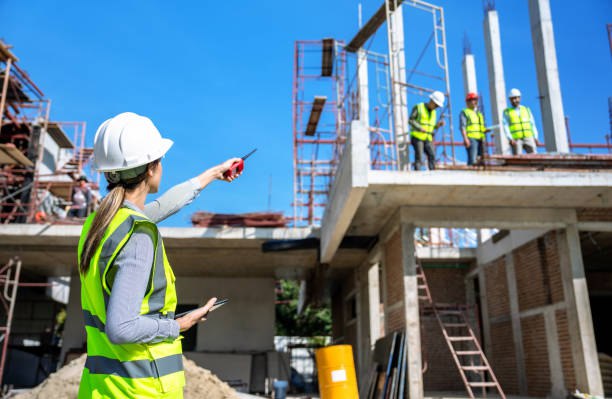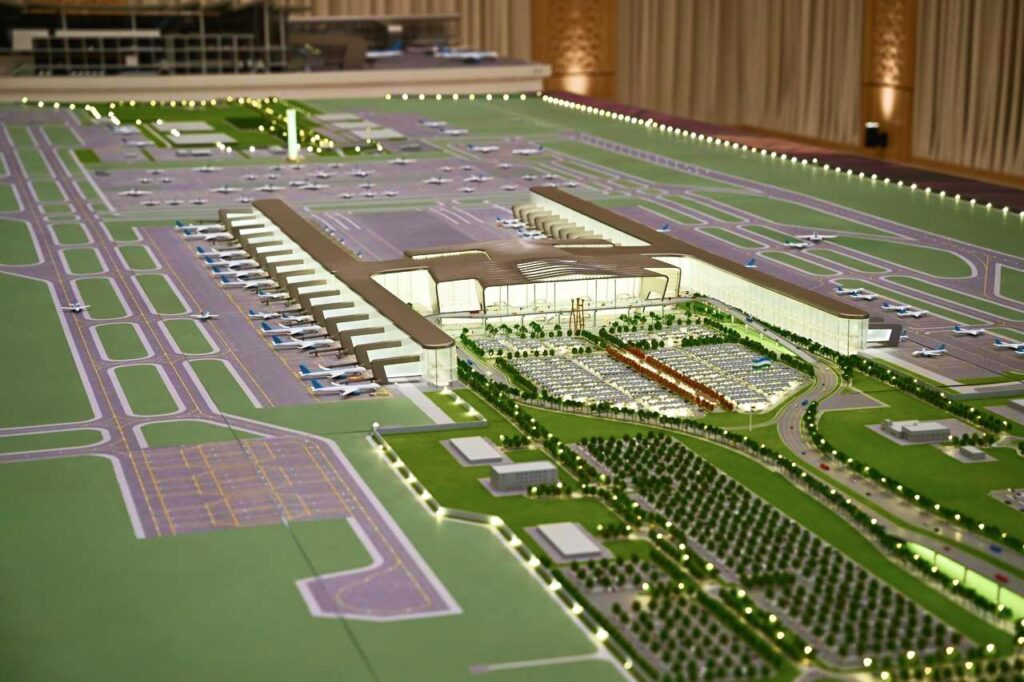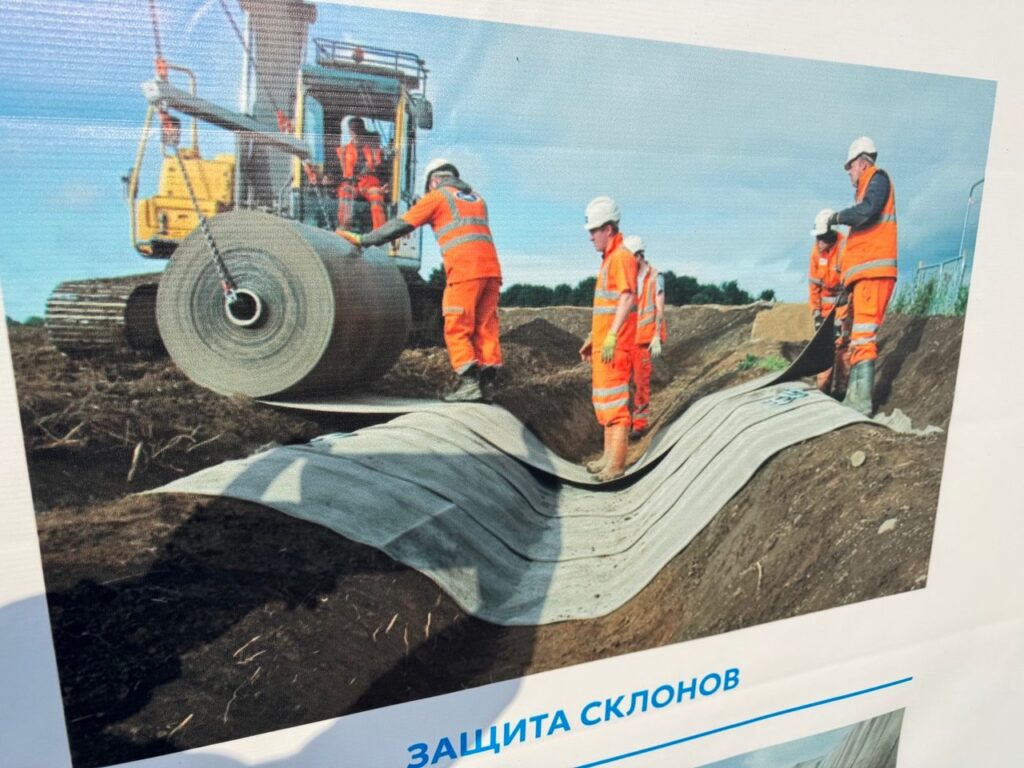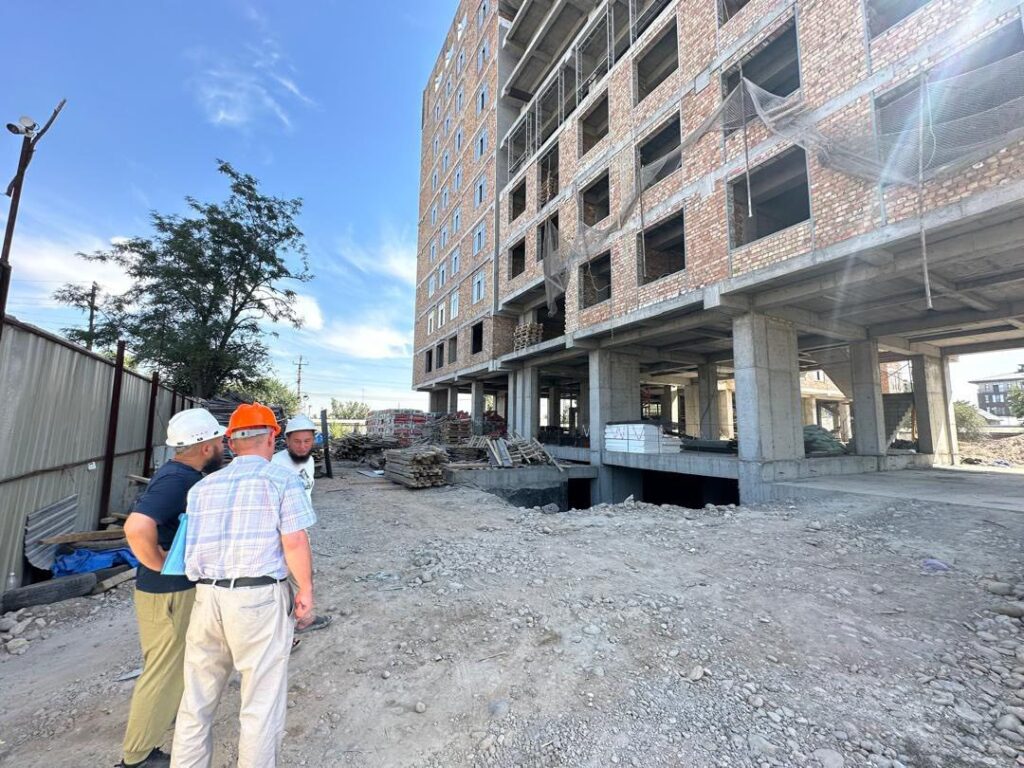Kazakhstan Mandates BIM Design for All New Buildings
Kazakhstan has approved a digitalization plan for its construction sector that mandates the use of Building Information Modeling (BIM) for all new residential and commercial developments. According to the press service of the Prime Minister of Kazakhstan, Deputy Prime Minister Minister of Artificial Intelligence and Digital Development Zhaslan Madiev and Minister of Industry and Construction Yersayin Nagaspayev have jointly endorsed the 2026-2027 plan to digitize the construction industry. The initiative outlines the sector’s digital transformation across the full lifecycle of facilities from planning and design to construction, commissioning, and post-construction operation. “The plan includes a series of practical measures aimed at simplifying and accelerating construction processes,” the press service stated. “Among the priorities are mandatory BIM design, automation of public services in construction, creation of digital facility passports, and conversion of building norms and standards into machine-readable formats. These changes are expected to reduce manual processes, minimize errors, and improve predictability in project delivery.” BIM design integrates data on geometry, technical characteristics, and construction processes into a unified digital model, enabling stakeholders to coordinate changes, assess design decisions, and identify potential issues prior to construction. Its adoption is expected to enhance quality, efficiency, and coordination throughout a project’s lifespan from conception to demolition. The digitalization drive is also intended to increase transparency in the sector, reduce costs and timelines, lower administrative barriers, and improve the safety and quality of construction projects. In a related development, President Kassym-Jomart Tokayev recently signed a new Construction Code aimed at streamlining regulations in architecture, urban planning, and construction. The code seeks to improve procedural transparency and establish uniform rules for all market participants. The document clarifies permit procedures, reinforces quality control, and standardizes construction materials and technologies. Following criticism from the business community, the Ministry of Industry and Construction revised the draft to address key concerns. Nazira Usenova, deputy chair of the board of the Atameken National Chamber of Entrepreneurs, noted that some provisions risked complicating processes and increasing bureaucratic burdens. “What is important for the industry is not the number of control mechanisms, but their effectiveness and predictability,” she said. Compromise solutions were ultimately reached on the most sensitive issues. Experts have cautioned, however, that some provisions will require further scrutiny during implementation.Viktor Mikryukov, president of the Association of Developers of Kazakhstan, said transparency and consistency were essential. “The new rules must not become a tool for excessive pressure on entrepreneurs. Their application must avoid broad interpretation by regulators and ensure uniformity across Kazakhstan.” Among the key agreements reached was the retention of a five-year warranty period for completed construction projects and a ten-year warranty for structural elements, including the load-bearing frame, facade, and roof. The Code also promotes self-regulation, improves engineering and technical certification standards, furthers digitization, strengthens oversight in seismic zones, expands the powers of local maslikhats, and enhances public involvement in urban planning. The Construction Code will come into force on July 1. As previously reported by The Times of Central Asia, Kazakhstan launched a unified electronic construction platform on...






